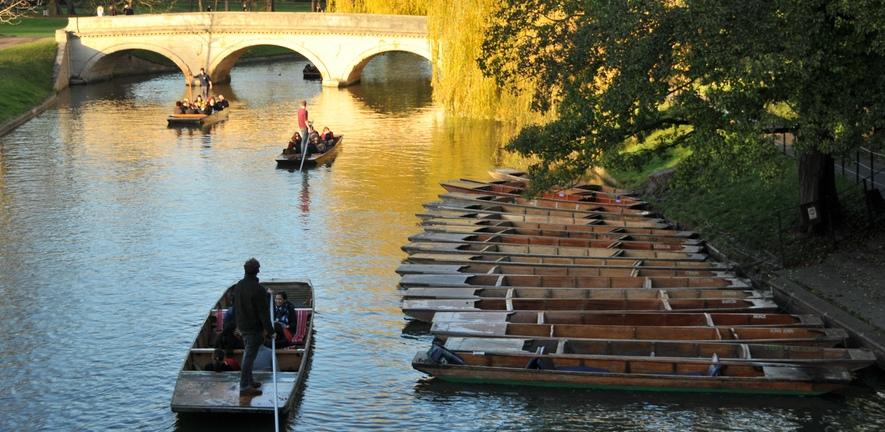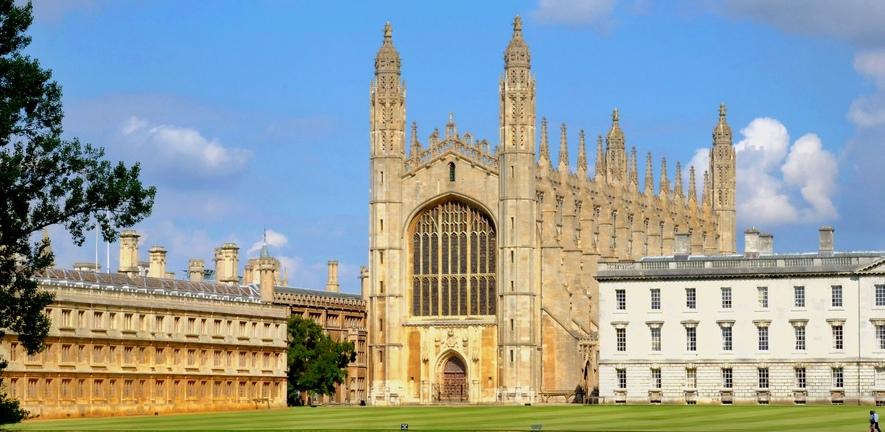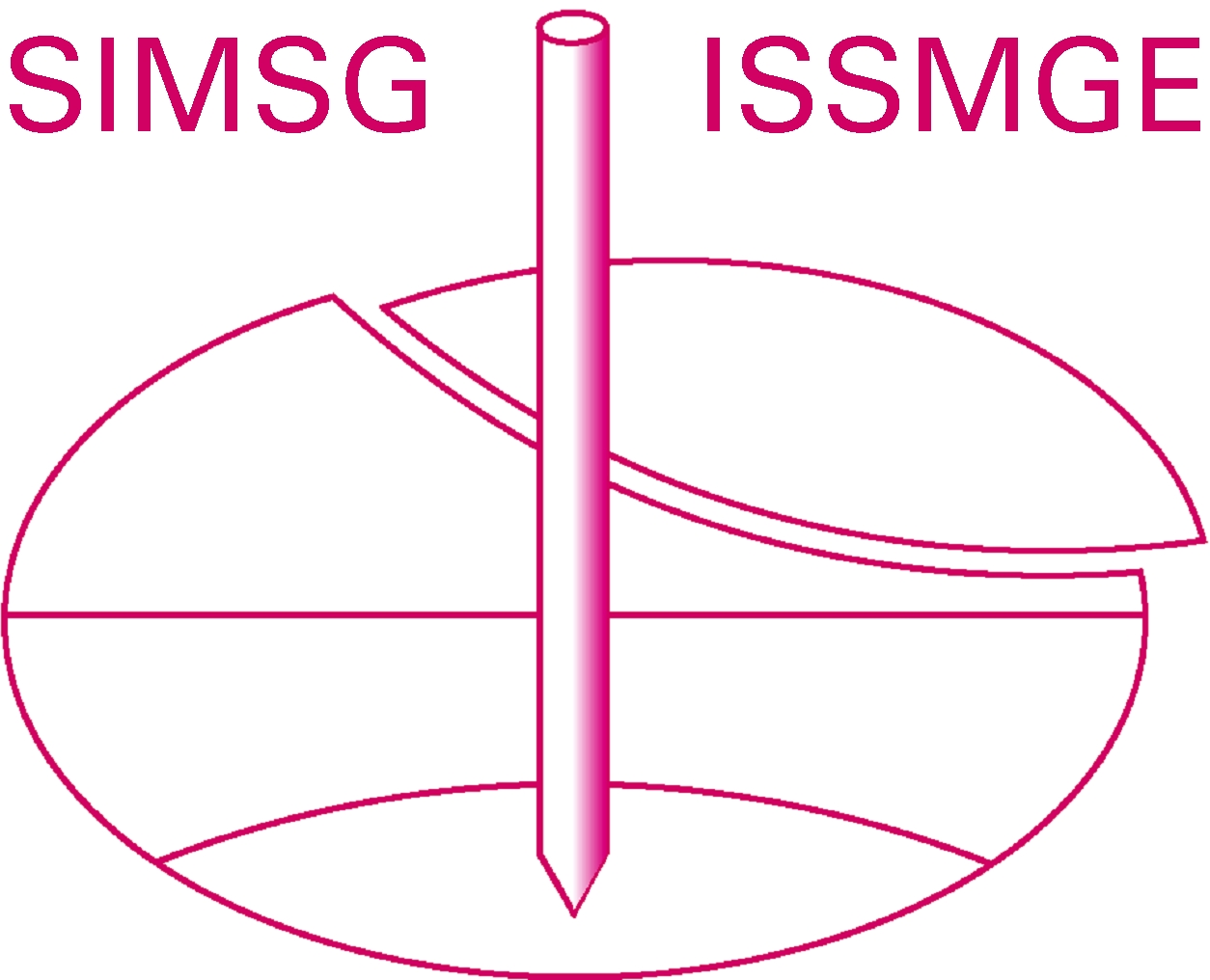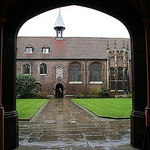|
The International Symposium on Geomechanics from Micro to Macro (IS-Cambridge 2014) will be held from 1st to 3rd September 2014, at the University of Cambridge, Cambridge, UK. We are very pleased to host this event and to welcome you as our guests to Cambridge. Cambridge University’s Geotechnical Group has long standing research experience on fundamental behaviour of geomaterials. It is the birth place of the ‘Cam-clay’ model, which revolutionised the discipline of ‘soil mechanics’ and ‘plasticity theory’. It has been promoting the critical state concept, stress-dilatancy relationship and constitutive modelling through centrifuge testing, field testing and numerical modelling. We have also engaged actively in micromechanics and its link to macro-behaviour, which led to the development of ISSMGE Technical Committee 105 (former TC35) by Professor Malcolm Bolton. Since its formation more than 50 years ago, the Cambridge group has produced over 250 PhDs in the area of Geotechnical Engineering. The activity has been recognized by the establishment of the Centre for Geotechnical Processes and Construction Modelling, which houses geotechnical centrifuge and experimental facilities, as well as the Centre for Smart Infrastructure and Construction, which develops and commercialises emerging technologies such as latest sensor technologies, data management tools, and management of the built environment. You will have the opportunity to visit these centres while you are in Cambridge. The symposium will be held at the Engineering Department of the University of Cambridge. We plan to have keynote lectures, oral and poster presentations and lively discussions. The conference dinner will be held at King’s College on Tuesday 2nd September 2014. We hope that you will enjoy the Cambridge experience during the conference. Welcome to Cambridge!
(Kenichi Soga) |








